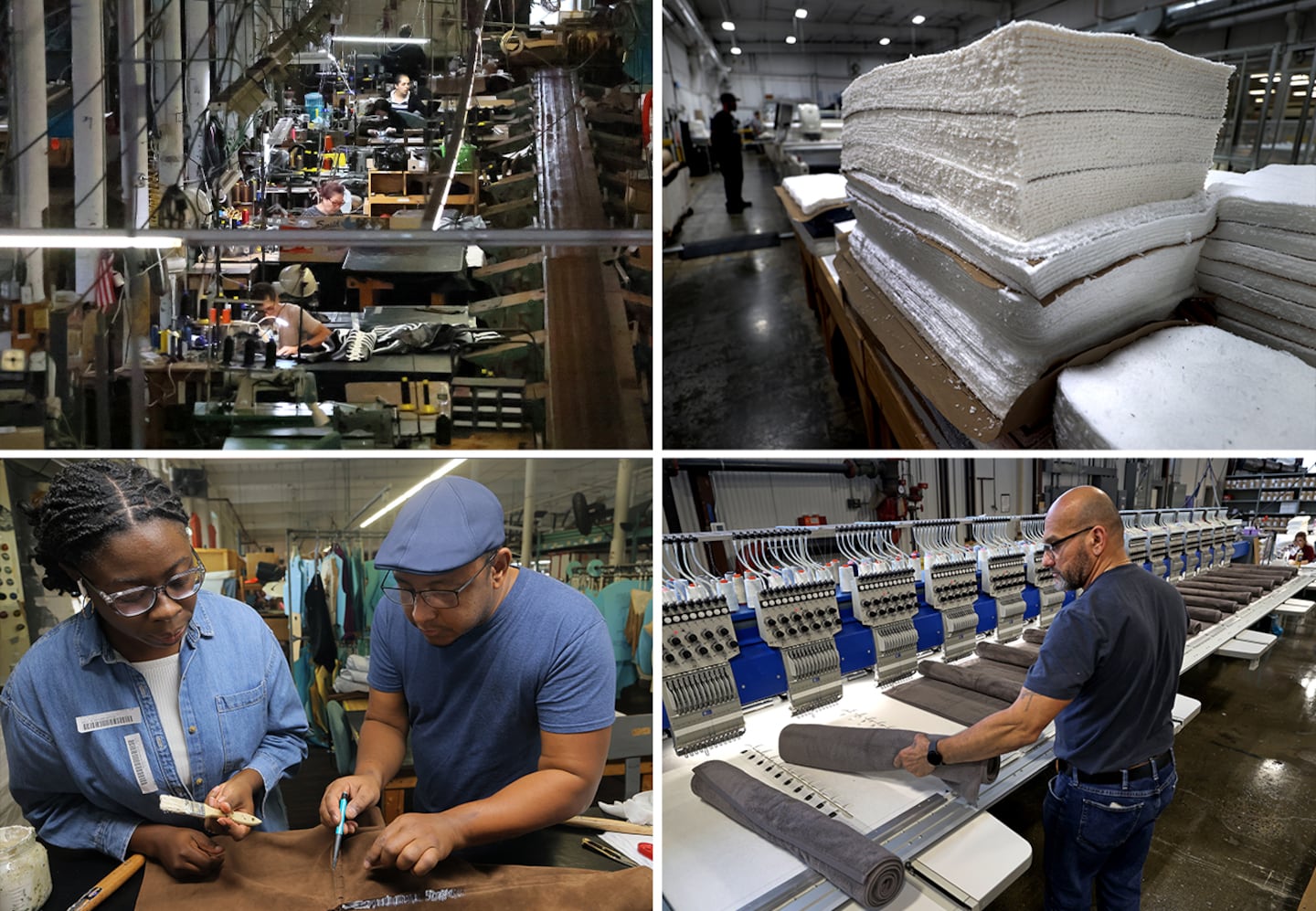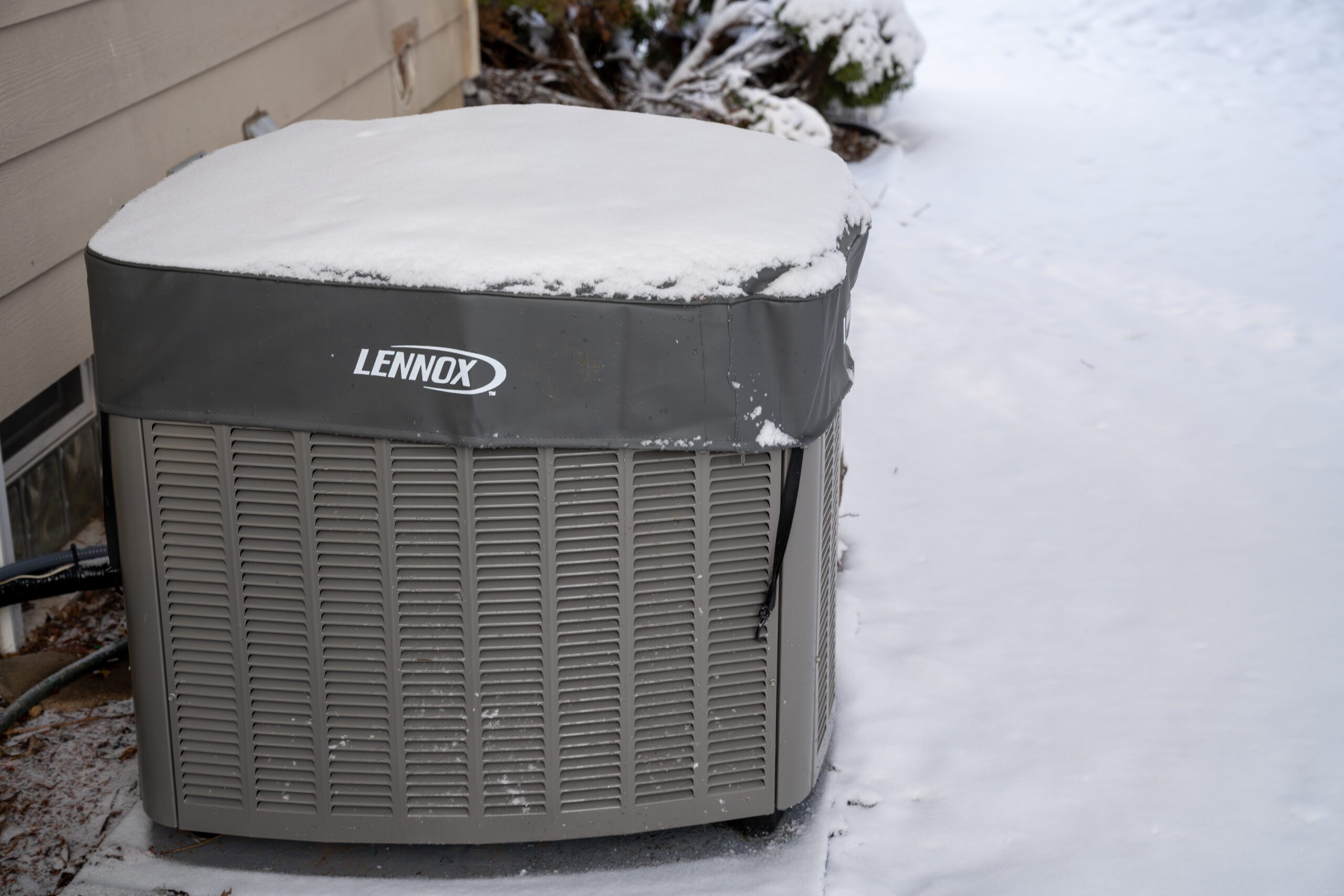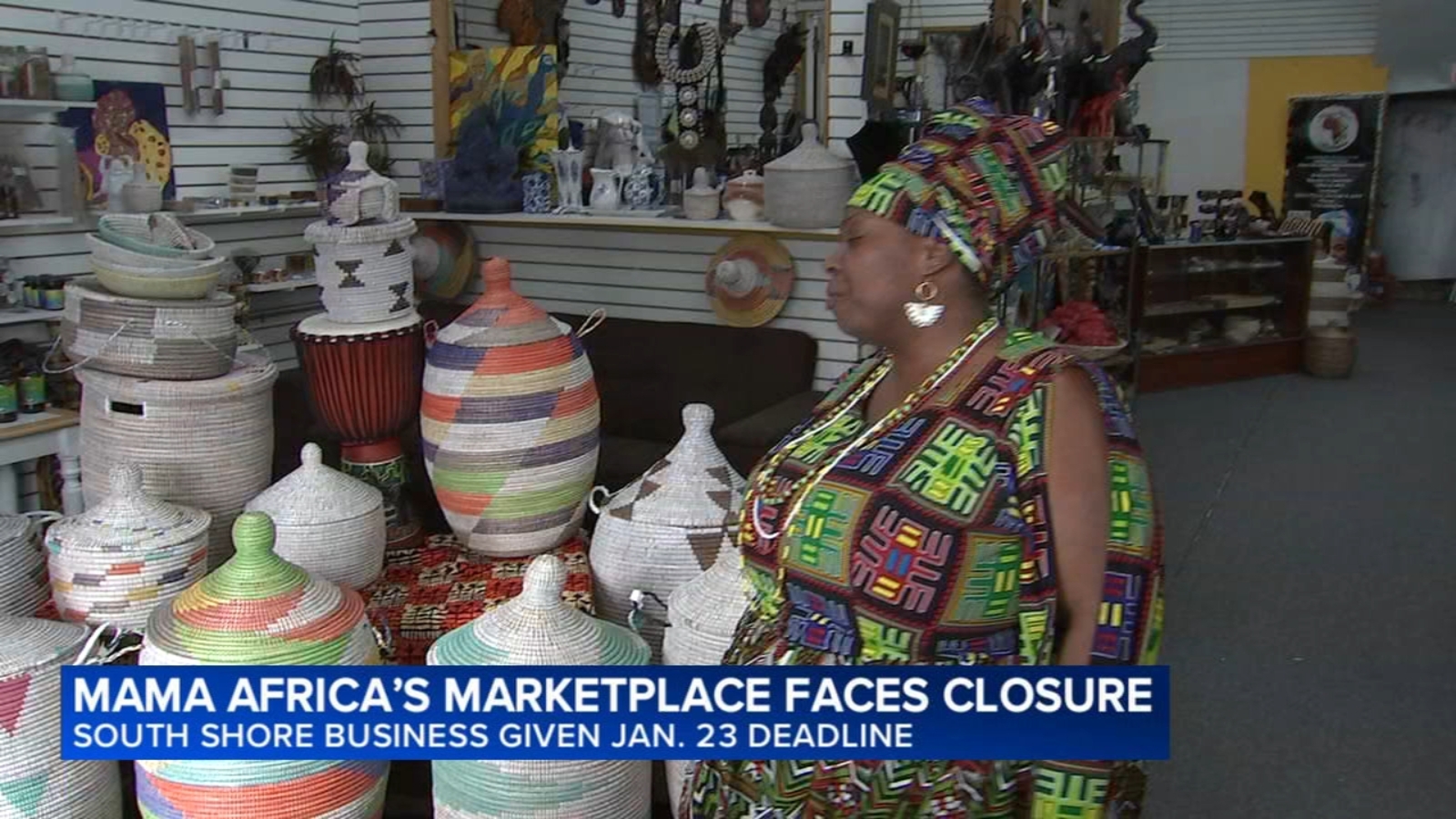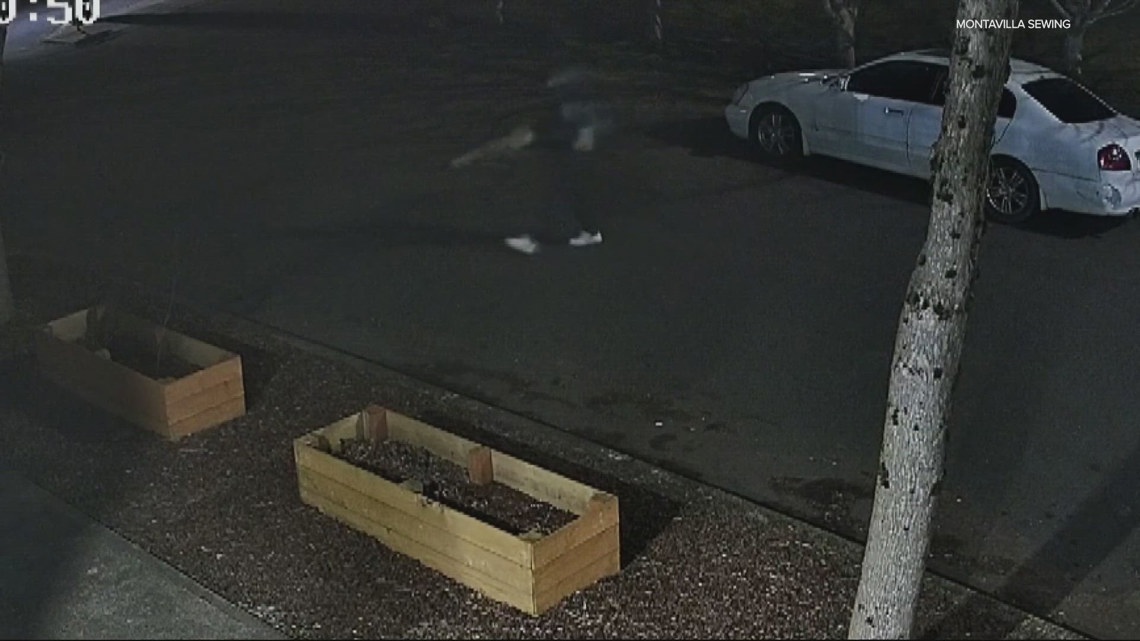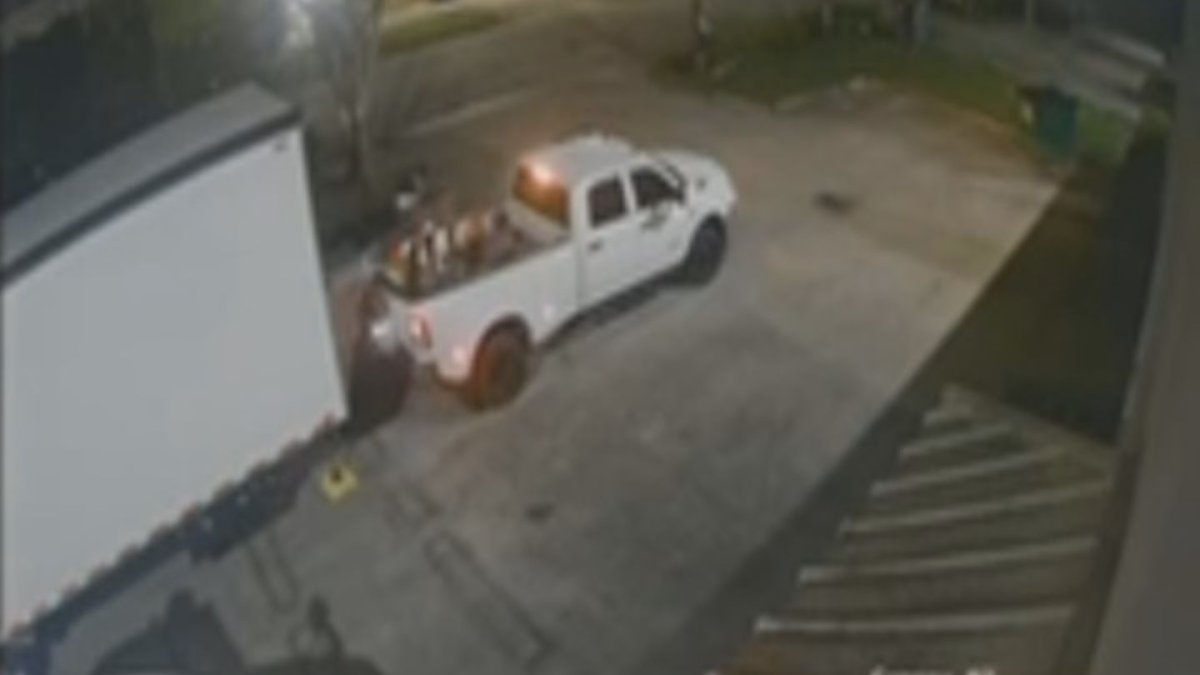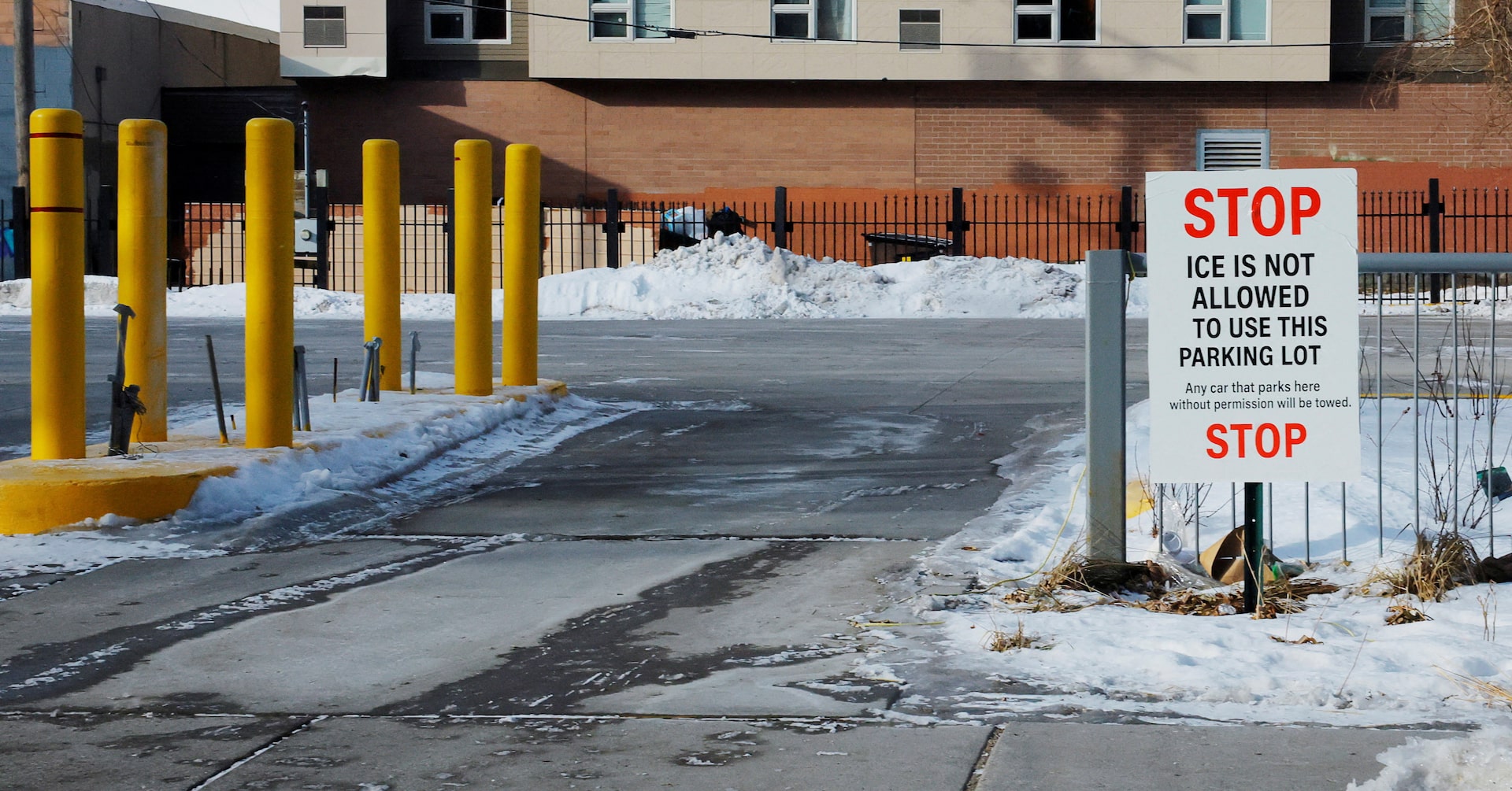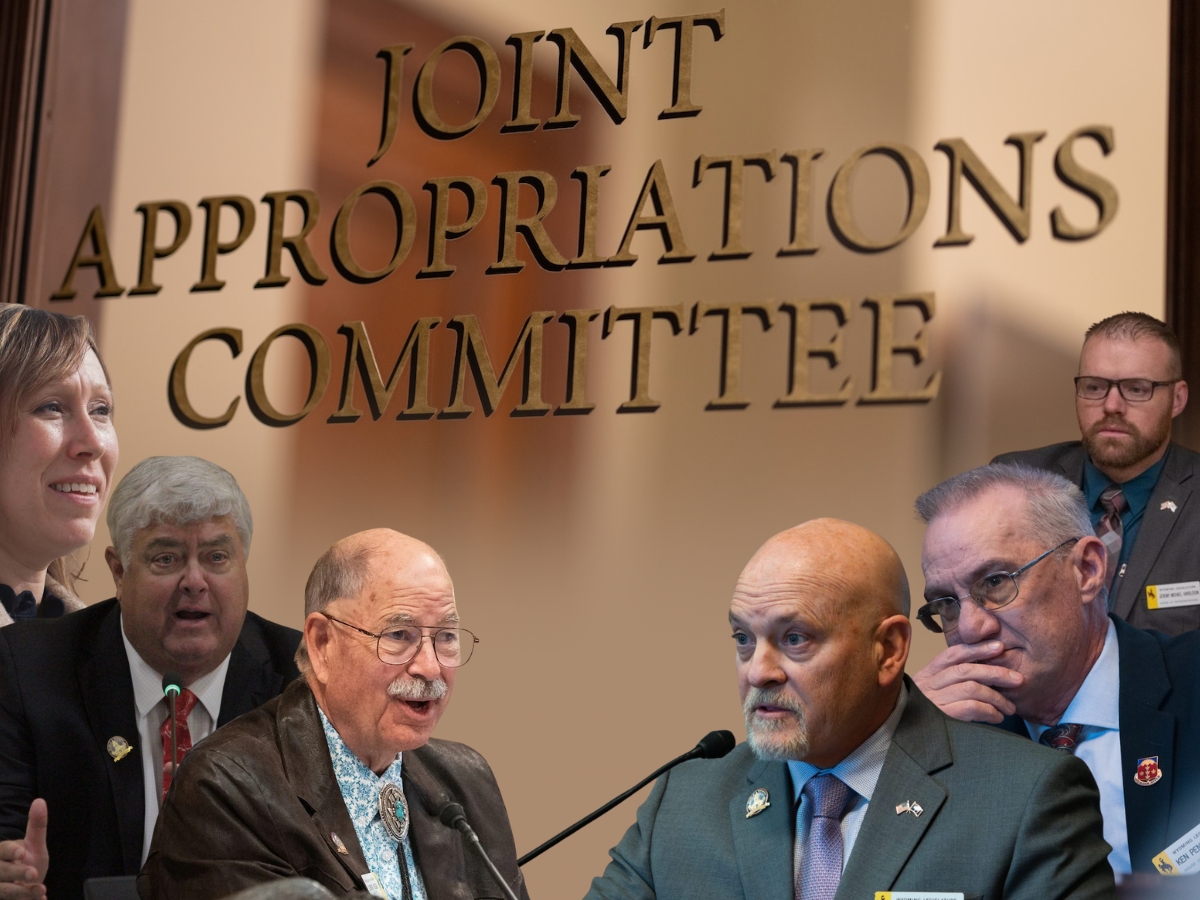These days, that means tariffs have raised his costs, and made selling his high-end jackets abroad harder.
Almost nine months into President Trump’s effort to make sure more goods are made in the United States, businesses that are already making things here are trapped in a dizzying gyre of uncertainty. With the Supreme Court set to decide whether many Trump tariffs are legal, all the known unknowns have many local businesses frozen.
“By and large, they’re just not doing anything. They’re not going to hire, they’re not going to grow, they’re not going to expand, they’re not going to purchase,” said Brooke Thomson, chief executive of the Associated Industries of Massachusetts, a century-old business group in the state. “It’s sort of this paralysis. It’s a wait and see.”
The wild swings on tariffs have “impacted their ability, not just to purchase what they need from their suppliers, many of [whom] are overseas, but it has also impacted their ability to sell products in the marketplace,” she said.
That’s where van der Sleesen is. His suppliers keep changing their pricing, making it difficult for Vanson, a 50-year-old company, to price its products. For now, van der Sleesen has decided to hold back on raising them, concerned that doing so may lead to a loss in customers.
“Everything that comes from overseas is in turmoil. The whole supply chain is in flux,” he said. “We’ve been absorbing [the costs] as there is a ceiling for what people are willing to pay.”
Instead, he has focused on investing in technology to help the company produce more and deliver quicker and innovate on new designs that customers will be prepared to pay the high prices. Van der Sleesen said some of his customers are willing to pay for his expensive jackets if the product is unique enough, and he believes selling more of that line will help mitigate against a rise in costs.
Van der Sleesen said the company also exports , including to Korea, Australia, Japan, Germany, Italy, and France. He is worried about the impact tariffs will have on the United State’s reputation.
“Tariffs are damaging to America as a brand, and we sell around the world,” he said. “When the country is not well perceived, it can damage all the products that are associated with it. And we are one of those.”
A few miles from Vanson Leathers, in Fall River’s Industrial Park, sits Klear Vu, a 60-year-old manufacturer that makes chair and bench cushions, decorative pillows, and poufs that it sells to retailers such as Walmart and Kohl’s.
On a recent morning at the 55-employee factory, workers were busy stitching pieces of fabric to make cushion shells. They will stuff them with fiber fill and bind them. A worker will then feed them onto a machine where they will be tufted and sent to the next stage to be packaged and shipped to customers around the country.
The company imports upholstery fabric from abroad, mostly China, and uses other materials sourced domestically, said Sam Cooper, senior vice president at Klear Vu and the co-owner of the business with his brother.
When the US hit China with tariffs in April that rose to 125 percent, the abruptness of the move was a shock.
“If you are sailing down a river and you see a rock in the distance, you can tack, you can change course, you can adjust sails. But if someone drops a giant boulder right in front of you, you might hit it, wreck your boat and take on water,” he said. “That’s what those China tariffs felt like.”
And now there may be even more boulders to navigate. The US and China briefly reached a détente, reducing duties on imports while officials attempted to negotiate a new trade deal. But then the truce seemed to blow up late Friday, when Trump said he would impose new tariffs of 100 percent on Chinese imports by Nov. 1 after China announced new controls on the export of rare earth minerals used in technology products.
The recent moves seem to only underscore the challenges Klear Vu faces in planning and pricing its productsbecause of the unpredictability around tariffs.
“It takes several months for a product to come from overseas and rates are changing as they’re on the water,” Cooper said, referring to products on a cargo ship. “When you’re talking to major retailers, a lot of times they’re buying for a year, sometimes even two years out.”
The company’s made-in-America manufacturing business feels like a gamble at the moment, he said. The cost of fabric can change from the time materials leave China or India to when they arrive in the US. Klear Vu is not cutting jobs but is unsure whether to hire or replace employees who quit. Increasing prices could help generate revenue, but Cooper is worried that it might lead to a loss of customers, who may already be feeling the pinch of a slowing economy.
“You do see inflation on a lot of consumer goods, it’s still going up . . . if it’s between buying food or a chair cushion, what happens, you know,” he said.
George Matouk Jr., CEO of luxury-linen maker John Matouk & Co., said his business is grappling with recent additional tariffs imposed on India that are now at 50 percent after the US added additional levies to imports from the South Asian country for what it said was its buying of Russian oil. Matouk imports fabric from India that he says cannot be found in the US.
“We buy fabric of certain constructions in certain dimensions, in certain quantities and colors that are not available in the United States,” Matouk said. “These costs are basically taxes on our business, which we pay directly to the US government. And they interfere with our ability to compete as a manufacturer in the US market.”
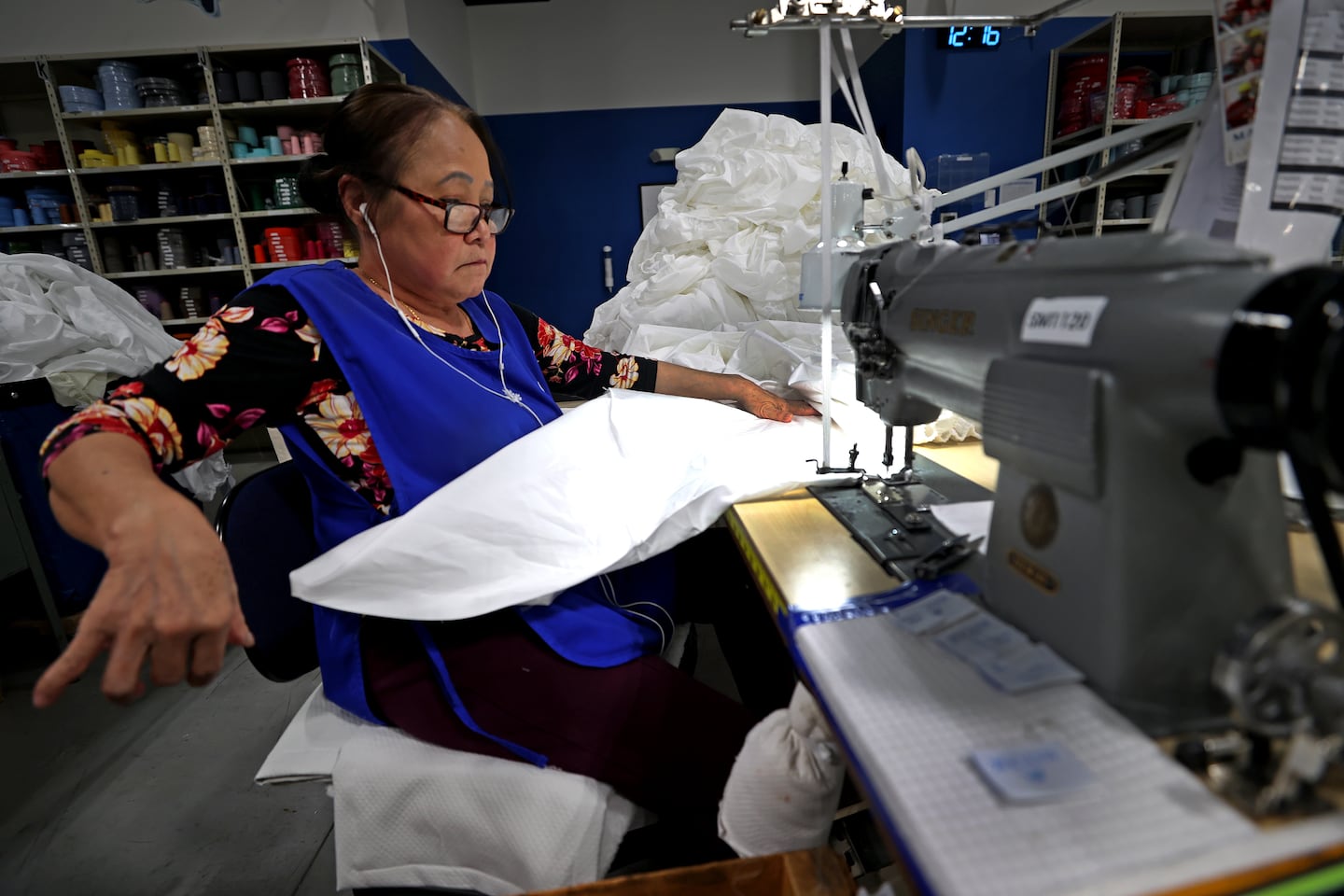
Matouk said the abrupt nature of the tariffs has added to the challenge because it creates an expectation that companies can quickly replace their current suppliers with US businesses.
“It’s not a simple thing to just take a proprietary product that was developed in conjunction with a certain supplier who also is working with other suppliers of materials and then relocate it to a different country,” he said. “It takes years to do something like that effectively.”
Matouk said the additional import taxes he is paying could have financed new hiring or funded the expansion of his business.
“What we need as manufacturers is a fair, consistent, and rational policy,” he said. “If we need to have tariffs to raise revenue for the US government, that’s understandable, but the tariffs should be implemented in an even-handed and logical way across the world.”
Omar Mohammed can be reached at omar.mohammed@globe.com. Follow him on Twitter (X) @shurufu.

